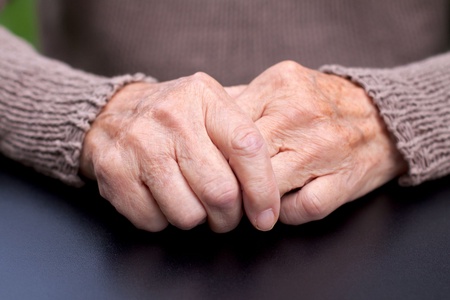New research from the University of Aberdeen has identified the genes responsible for muscle mass
These findings may identify those most at risk from muscle loss as they get older and identifying these genes may unlock the potential for targeted drug therapies that could prevent further muscle loss.
Published in the American Journal of Human Genetics, this is the most comprehensive account to date of the regions on the genome associated with muscle mass.
It is estimated that there are around nine hundred thousand people affected by age-related muscle loss in the UK alone. With that loss comes an increase in the risk of falls, fractures, loss of independence and in some cases, death. Currently there is no effective drug treatment to prevent or reverse this type of muscle loss.
Dr Arimantas Lionikas who led the project explains: “A decline in muscle mass and strength is a universal companion of ageing, and muscle weakness is a main cause of falls and fractures in the elderly.
“Ageing-related muscle decline takes place on a backdrop of its condition in youth. Muscle mass can differ extensively between different individuals, however the genes that affect those differences have until now not been known. Our findings address that – and have identified some of these genes.
“This research has revealed that very many genes contribute to the differences in muscle mass and that their effects can be seen in middle age and in elderly individuals.
“The next steps in our research will be to investigate whether some of these genes are suitable targets for drug development to reverse muscle loss.”
ENDS


